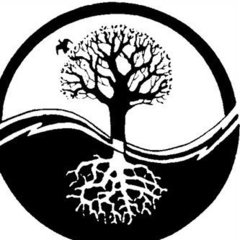Sign in to follow this
Followers
0

A Visit to the Palace of Supreme Purity, China 1982.
By
Geof Nanto, in Daoist Discussion

By
Geof Nanto, in Daoist Discussion